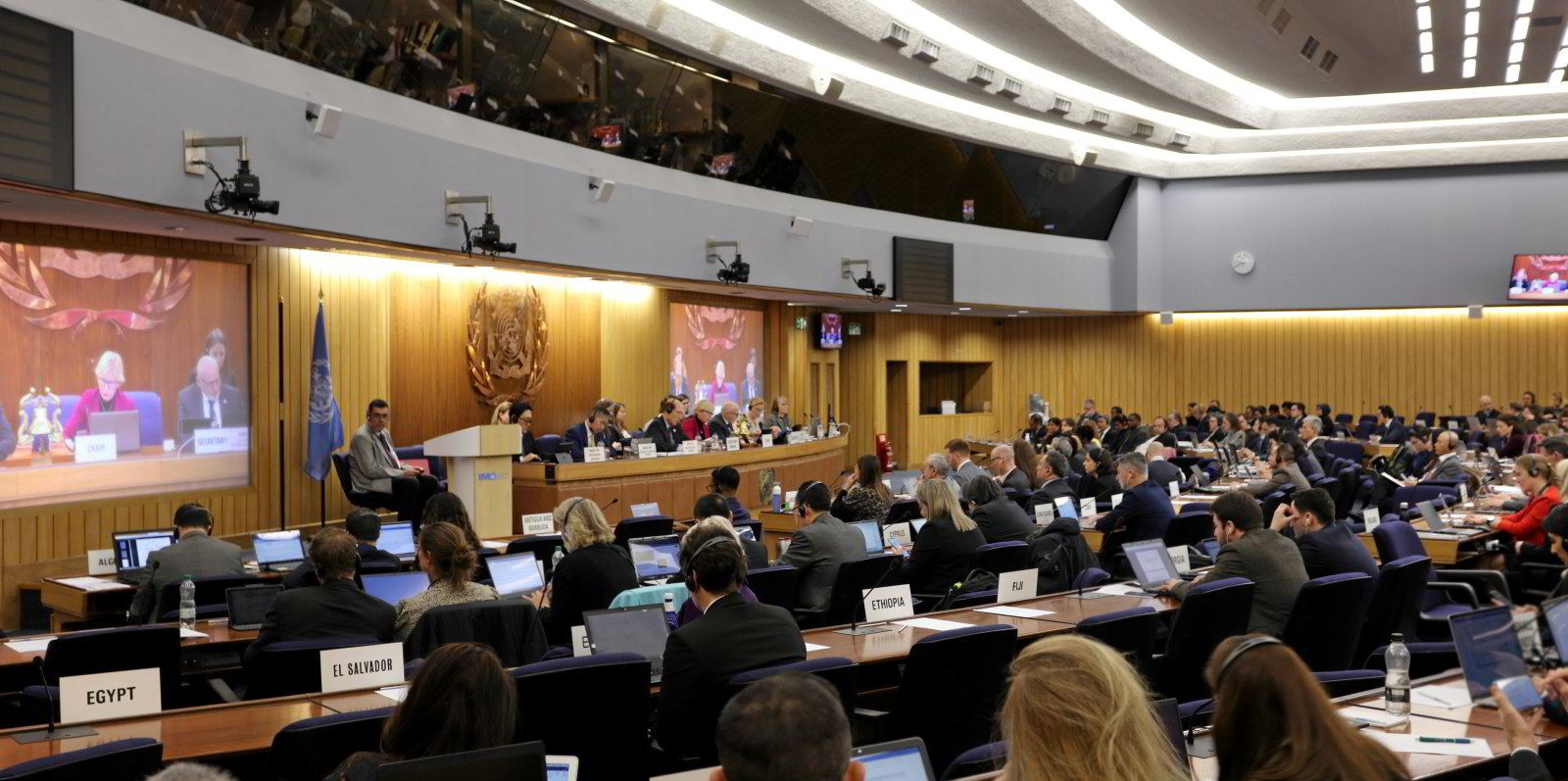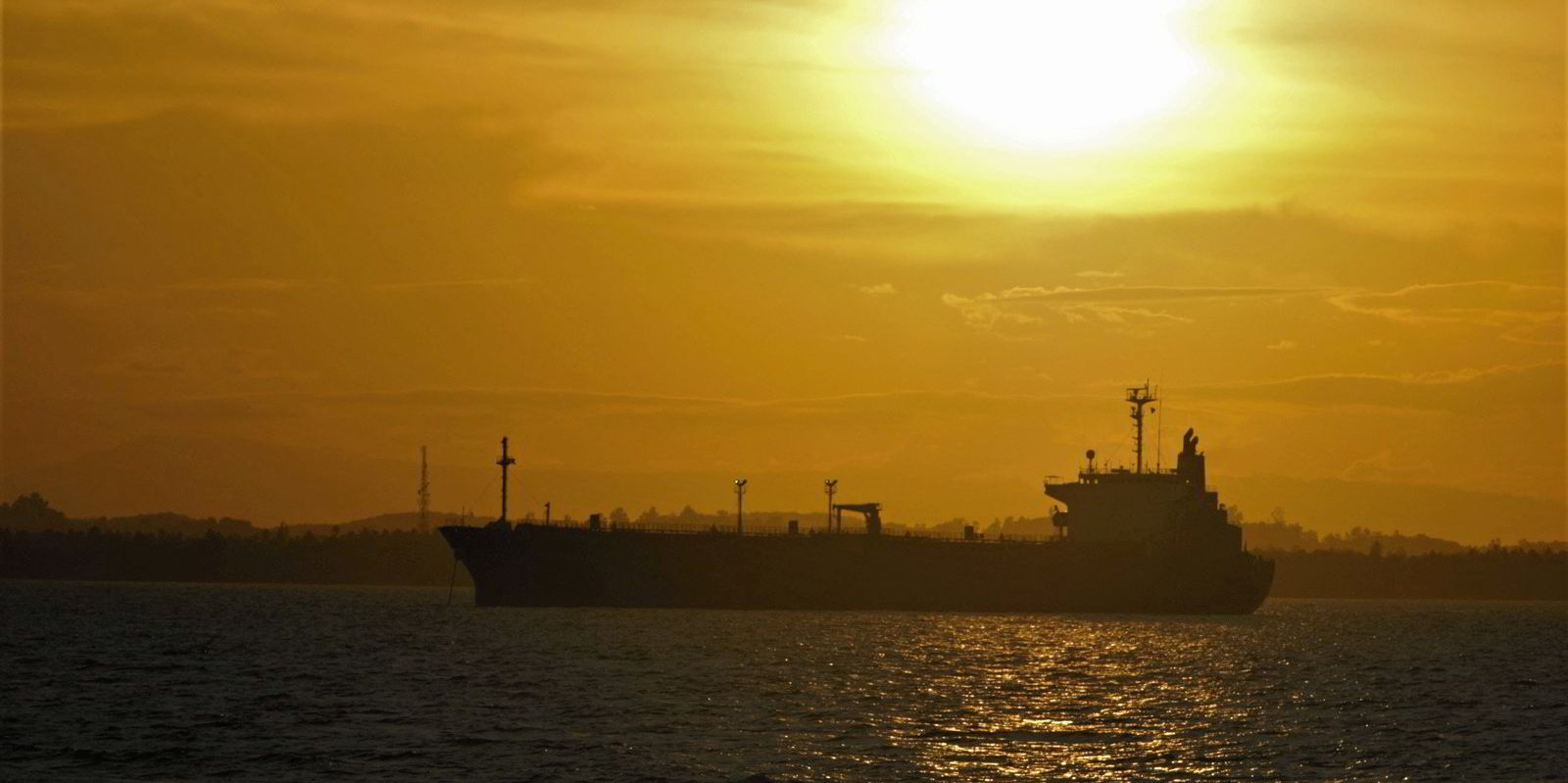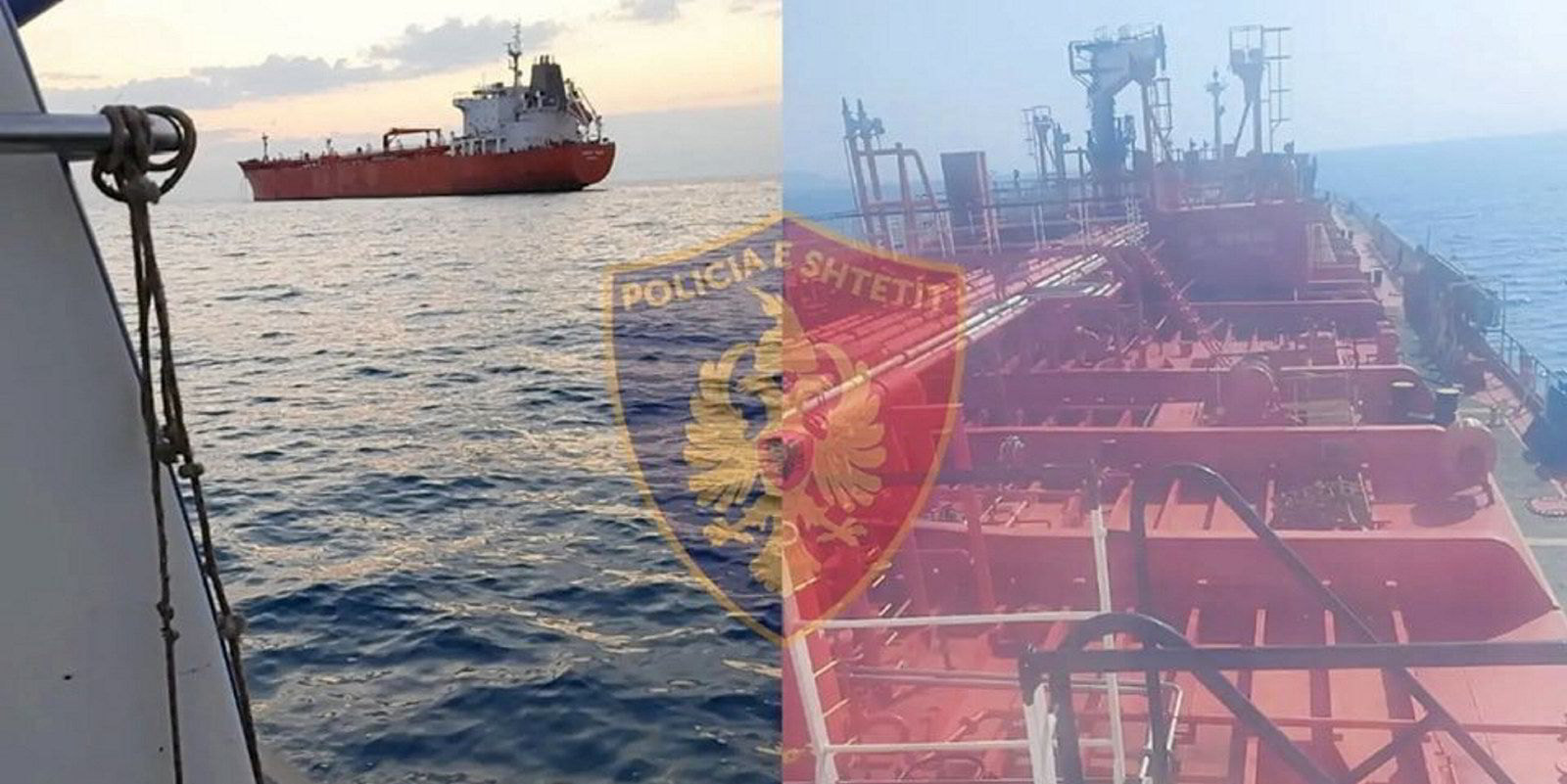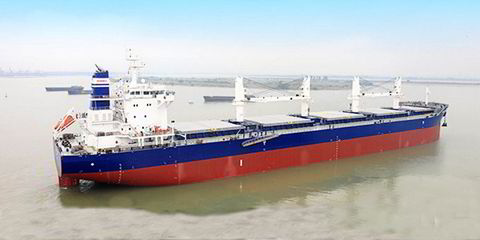States should act to prevent ‘furtive’ ship-to-ship oil transfers up to 370km from their coastlines if poor oversight of tanker activities increases the risk of oil spills, according to a paper submitted to the International Maritime Organization.
The document is the latest effort by states, including Spain and Denmark, to increase scrutiny of STS oil transfer operations off European shores following Russia’s invasion of Ukraine and the subsequent economic sanctions.
European states have been alarmed by the rise of ship-to-ship operations in the Mediterranean Sea involving tankers that have loaded from Russian ports and then transferred oil to VLCCs that head to Asia.
Some of the ships involved in the Russian trade are part of the so-called dark or shadow fleet with questionable levels of insurance coverage and flag state control. Officials have expressed concern about who would pay for any clean-up in the event of a spill.
They want to avoid the situation of the 96,700-dwt Pablo (built 1997), which exploded in Malaysian waters earlier this month. Although there was no spill, it remains unclear who will pick up the salvage and wreck removal costs because of uncertainty over ownership and insurance.
The IMO paper is seen as an attempt to increase the political pressure a notch before the next IMO assembly later this year. But it comes amid signs of a major drop-off in ship-to-ship activity in hotspots of Kalamata, Greece, and off Ceuta, the Spanish exclave on the north African coast.
Ship-to-ship activity of Russian Urals crude hit a peak of 360,000 barrels a day in February but halved the following month and then hit zero in April, according to data analyst Vortexa. The transfers have since resumed in May, said the company’s dark fleet specialist Armen Azizian.
STS activity also dropped sharply off Ceuta from 170,000 barrels a day in February to 60,000 in April. Some of the activity appears to have shifted to the Atlantic in areas close to Cape Verde and the Canary Islands, said Vortexa.
Improved weather and lower tides in the Atlantic are seen as among the reasons for the shift, plus a changing pattern in trade as ice-class aframax tankers no longer need to remain close to Baltic ports during the European summer.
The Atlantic was the venue for a series of so-called ‘dark trades’ last summer when tankers switched off AIS tracking in an apparent attempt to hide the nature of the trades.
But the Atlantic activity has this year been conducted without the same level of attempted subterfuge in the latest example of Russian trades being normalised within the tanker sector. “There is less of need for the middleman,” said Azizian.
Banning STS
The IMO paper, sponsored by Australia, Canada, Denmark, Spain, Ukraine, United Kingdom and United States, calls on IMO member states to “take appropriate actions, including the banning of [STS] operations, in cases identified as not complying with the maritime safety and the prevention of marine pollution regulations” within their exclusive economic zones (EEZ), the paper said.
The same countries raised concerns at the IMO’s legal committee in April when Spain said it would work with other states to tighten restrictions on ship-to-ship transfers in international waters.
Spain has been particularly affected by a spike in activity off Ceuta. It has tightened domestic regulations and warned domestic businesses that they risk breaching sanctions if they supply STS equipment.
It says that a spill in international waters would have a major impact on Spain and wants tighter regulations of the rules. The paper encourages collaboration between coastal states to collaborate to improve the monitoring of STS activities.
Under the International Convention for the Prevention of Pollution from Ships (Marpol), tanker operators should inform a state no less than 48 hours of a planned STS in its territorial waters or EEZ, which stretches 200 nautical miles (370kms) from the coast.
The paper calls on flag states to ensure tankers follow the measures that “lawfully prohibit or regulate ship-to-ship transfers” to minimise the risk of pollution.
“In recent years there has been an increase in the frequency of ship-to-ship (STS) crude oil transfers in international waters, including by ships using dark operations to circumvent sanctions and high insurance costs,” it said.
Furtive operations
“Furtive ship-to-ship transfers at sea also undermine the fundamental principle of the “polluter-pays” if the ships and shipowners involved cannot be identified and held liable for damage caused by the oil carried onboard its ship,” it said.
“This situation could leave coastal States with no party to hold liable and ultimately no recourse against the shipowner or an insurer, in the case of an oil pollution incident.”

The paper is due to be discussed in July at the Marine Environment Protection Committee, where it could face push back from some member states that see it as a sanctions issue rather than one of environmental concern.
The European Union started talks last week on Wednesday on a new round of sanctions against Moscow that reportedly included plans to tackle STS transfers of Russian oil.
This latest package, the bloc’s 11th, will focus on cracking down on the circumvention of previous measures already agreed by the 27 member states, said European Commission President Ursula von der Leyen.
But critics have pointed out that three-quarters of the fleet hauling Russian oil operate outside of the G7 oil price cap and scheme.
They are carrying oil to countries that do not recognise Europe’s sanctions measures so the impact of any measures is likely to be limited.




